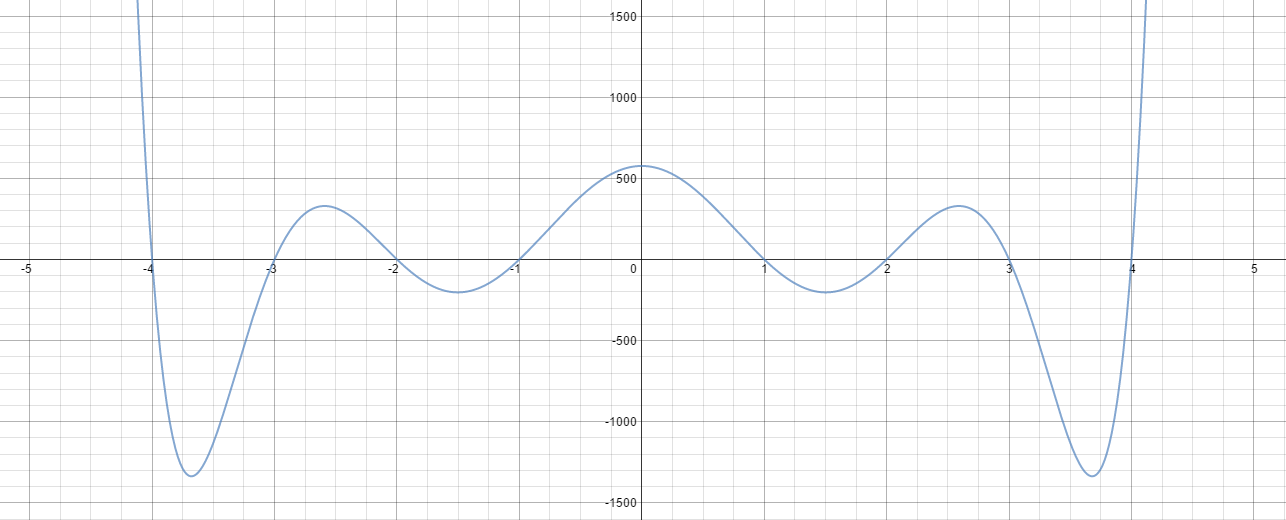Fundamental Theorem of Algebra using Galois theory

In this article we shall prove that is algebraically closed. Here we consider
as a splitting field of the polynomial
.
The proof uses very little analysis and most of it is Galois theory. The only facts from analysis which will be used in proof are :
- Positive real numbers have square roots.
- Every polynomial of odd degree with real coefficients has a real root.
Both of these facts are consequences of the intermediate value theorem.
We first show that every element of has a square root in
. For
let
We choose the sign of and
such that
has the same sign as b. Then we can see that
.
Now we show that every polynomial splits in
. This is equivalent to showing that the splitting field of
over
is
. Let
be the splitting field of
over
for a fixed
. As
has characteristic zero,
is a separable polynomial and hence
is a Galois extension. Let
.
Let be a 2-Sylow subgroup of
. Let
, the subfield of E fixed by
. Then degree of the extension
is
which is odd. Hence, for any
it’s minimal polynomial over
has odd degree. But as any odd degree polynomial has a root in
,
. Thus,
and hence
is a 2-group.
If it has a subgroup
of index
. Then degree of
over
is 2 and hence is generated by the square root of an element in
. But as
has all its square roots we get that
. Hence,
Source : Field and Galois Theory Notes, James Milne